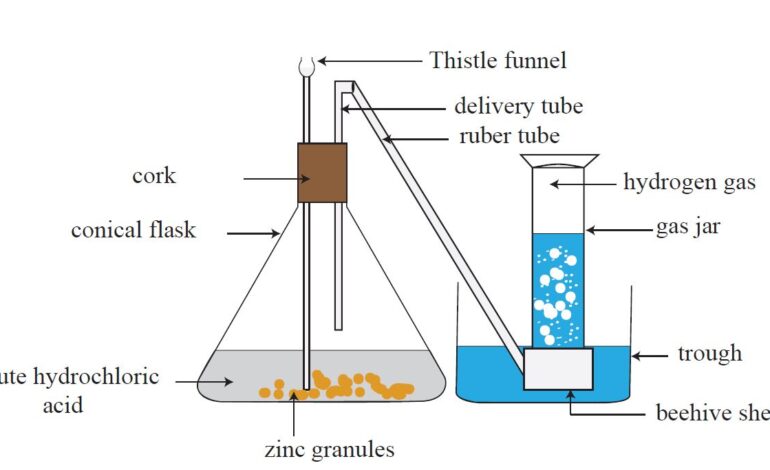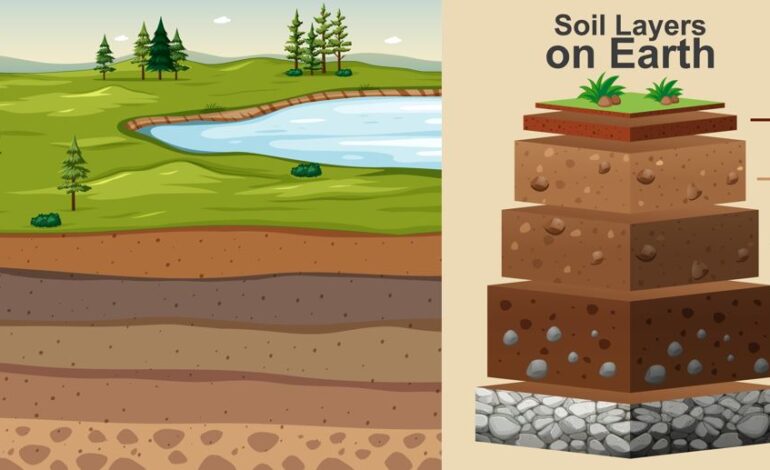Science debates can be a great way to engage in critical thinking and explore different viewpoints on a range of scientific topics. Here are some ideas for potential science debate topics:
Climate change: This is a hot topic in the scientific community and has wide-ranging implications for the future of the planet. Debaters could explore the causes and consequences of climate change, as well as potential solutions to mitigate its impacts.
Evolution: The theory of evolution by natural selection is a cornerstone of modern biology, but it is also a controversial topic. Debaters could explore the evidence for evolution and consider alternative explanations for the diversity of life on Earth.
Genetically modified organisms (GMOs): GMOs have the potential to revolutionize agriculture and medicine, but they also raise ethical and safety concerns. Debaters could consider the pros and cons of using GMOs and discuss the potential risks and benefits of this technology.
Artificial intelligence: As AI becomes increasingly sophisticated, it raises questions about the future of work, the role of humans in society, and the potential for unintended consequences. Debaters could explore the potential benefits and risks of AI and consider how it might shape the future.
Space exploration: The exploration of space has the potential to unlock new scientific discoveries and expand our understanding of the universe. Debaters could consider the costs and benefits of space exploration and discuss the potential risks and rewards of sending humans and robots to other planets.
Here is a list of science topics that could be suitable for a debate:
-
-
- The existence of extraterrestrial life
- The safety and effectiveness of vaccines
- The causes and consequences of climate change
- The benefits and risks of genetically modified organisms (GMOs)
- The ethical implications of artificial intelligence and robotics
- The potential risks and benefits of space exploration
- The role of technology in education
- The impact of human activity on biodiversity and ecosystems
- The potential for renewable energy sources to replace fossil fuels
- The use of animal testing in scientific research.
- The potential risks and benefits of nuclear energy
- The potential of using nanotechnology to solve real-world problems
- The science behind the creation of new medications and how they are tested for safety and efficacy
-
science experiments for science day
Here is a simple science experiment that could be suitable for a science day event:
Title: “The Effect of Acidity on Eggshells”
Purpose: To investigate the effect of different levels of acidity on eggshells.
Materials:
-
-
- 3 eggs
- 3 clear glasses or cups
- Vinegar
- Baking soda
- Water
-
Procedure:
- Gently place one egg in each of the glasses or cups.
- Fill one glass with vinegar, one glass with a mixture of water and baking soda, and leave the third glass empty (as a control).
- Observe the eggs for at least 24 hours, taking note of any changes in the appearance of the eggshells.
- After 24 hours, gently tap each eggshell with a spoon to see if it is still strong enough to support the weight of the egg.
Expected Results:
- The egg in the vinegar should show signs of the shell dissolving, such as small holes or a rough texture.
- The egg in the baking soda mixture should have a stronger shell, as the baking soda will neutralize the acid in the vinegar.
- The control egg should not show any significant changes in the appearance or strength of the shell.
Conclusion:
The results of this experiment suggest that acidity can have a significant effect on the strength and integrity of eggshells. This demonstrates the importance of pH balance in the environment and how it can affect the structure of biological materials.
Fun science experiment for science day
Here is a fun science experiment that could be suitable for a science day event:
Title: “The Magic of Color-Changing Milk”
Purpose: To investigate the effect of soap on the surface tension of milk.
Materials:
-
-
- A shallow dish or plate
- Whole milk
- Food coloring (optional)
- Liquid dish soap
-
Procedure:
- Pour a small amount of milk into the dish or plate, enough to cover the bottom of the dish.
- Add a few drops of food coloring to the milk, if desired, to create a more dramatic effect.
- Dip a cotton swab or toothpick into the liquid dish soap and then gently touch the surface of the milk with it.
- Observe what happens to the milk as the soap spreads through it.
Expected Results:
- As the soap comes into contact with the milk, it will break the surface tension and cause the milk to swirl and mix with the food coloring. This creates a mesmerizing color-changing effect as the soap interacts with the proteins in the milk.
Conclusion:
This experiment demonstrates the effect of soap on the surface tension of a liquid, as well as the role that proteins play in the behavior of fluids. It also provides a fun and visually appealing way to engage kids in the scientific process.
“The Invisible Ink Experiment”
Investigate the properties of lemon juice as an invisible ink, and learn how to reveal the hidden message using heat.
“The Dancing Raisins Experiment”
– Explore the role of carbon dioxide in the movement of raisins in a fizzy drink.
“The Egg in a Bottle Experiment”
– Explore the properties of gases as you try to fit a raw egg into a bottle without breaking it.
“The Growing Crystals Experiment”
– Learn how to grow your own crystal structures using simple materials.
“The Tornado in a Bottle Experiment”
– Create your own mini-tornado using a bottle and some water.
“The Bouncing Egg Experiment”
– Investigate the strength of eggshells and learn how to make an egg bounce.
“The Build-a-Volcano Experiment”
– Create your own miniature volcano using household materials and observe the eruption.
“The Lemon Battery Experiment”
– Learn how to make a simple battery using a lemon and a few other materials.
“The Glow-in-the-Dark Slime Experiment”
– Explore the properties of borax and glue as you create your own glow-in-the-dark slime.
science research topics:
Here are some possible science research topics:
- The development of new materials with unique properties for a variety of applications
- The search for cures for diseases such as cancer, Alzheimer’s, and AIDS
- The study of climate change and its impacts on the earth’s ecosystems
- The investigation of dark matter and dark energy in the universe
- The development of renewable energy technologies to reduce reliance on fossil fuels
- The search for habitable technology to improve human health and performance
- The study of the human microbiome and its role in health and disease
- The investigation of the origins and evolution of life on earth
- The study of the effects of pollution on the environment and human health
- The investigation of the potential risks and benefits of genetically modified organisms (GMOs)
- The study of the fundamental forces of nature, including electromagnetism, the strong and weak nuclear forces, and gravity
- The investigation of the properties of matter at extremely high or low temperatures, or under extreme pressure
- The study of the behavior of particles at the atomic and subatomic level, including the investigation of quantum mechanics
- The search for new forms of matter, such as quark-gluon plasmas or dark matter
- The investigation of the properties of materials and the development of new materials with unique properties
- The study of the structure and evolution of the universe, including the search for dark energy and dark matter
- The investigation of the behavior of light and the study of optics
- The study of the physics of fluids, including the behavior of gases, liquids, and plasmas
- The investigation of the behavior of waves, including sound waves, electromagnetic waves, and seismic waves
- The study of the physics of biological systems, including the mechanics of cells and tissues, and the role of physics in understanding and treating diseases
These are just a few ideas, and there are many more research topics that you could consider in the field of science. You could also narrow down these topics or come up with your own by doing some research and thinking about what interests you in the world of science.



